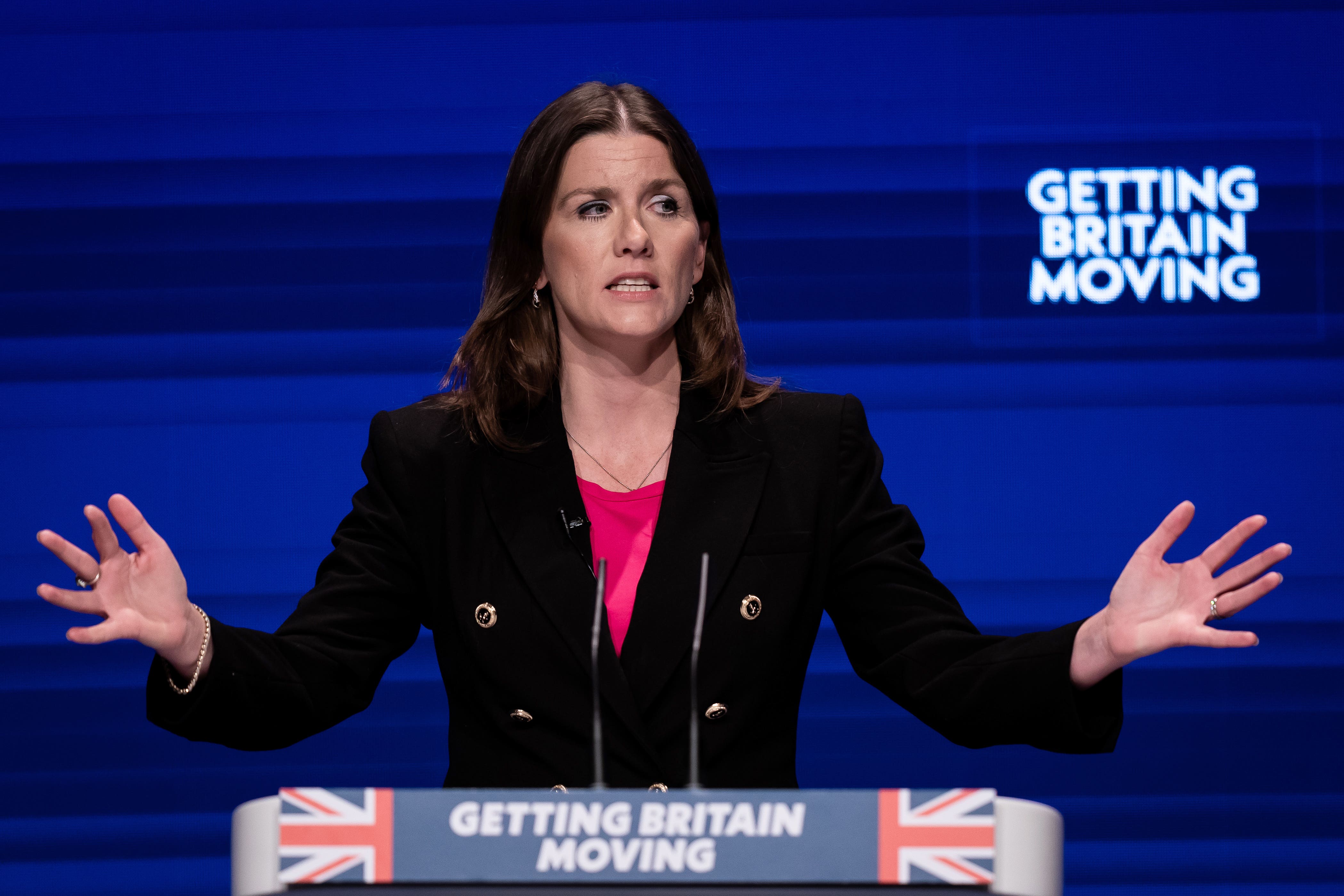AI tools like ChatGPT could play role in government – science minister
ChatGPT, which has made headlines in recent weeks, is a form of generative AI.

Your support helps us to tell the story
From reproductive rights to climate change to Big Tech, The Independent is on the ground when the story is developing. Whether it's investigating the financials of Elon Musk's pro-Trump PAC or producing our latest documentary, 'The A Word', which shines a light on the American women fighting for reproductive rights, we know how important it is to parse out the facts from the messaging.
At such a critical moment in US history, we need reporters on the ground. Your donation allows us to keep sending journalists to speak to both sides of the story.
The Independent is trusted by Americans across the entire political spectrum. And unlike many other quality news outlets, we choose not to lock Americans out of our reporting and analysis with paywalls. We believe quality journalism should be available to everyone, paid for by those who can afford it.
Your support makes all the difference.Artificial intelligence systems like ChatGPT could play a role in Whitehall, the new science secretary has suggested.
Michelle Donelan, recently appointed Secretary of State for Science, Innovation and Technology, told the Sunday Telegraph that ChatGPT represented a “massive opportunity” more broadly.
Prime Minister Rishi Sunak, since taking office last year, has spoken of his ambition to turn the UK into a “science superpower”.
Ms Donelan, who took over the new role following the Prime Minister’s departmental reshuffle last month, said the civil service should rely on its own experts but did not rule out a role for artificial intelligence in the future.
ChatGPT, which has made headlines in recent weeks, is a form of generative AI which came to prominence after a version of it was released to the public last year.
I think these types of technology are going to create a whole new section of jobs and in areas that we haven’t even thought of, and where this leads us is limitless
It can respond to questions in a human-like manner and understand the context of follow-up queries much like in human conversations, as well as being able to compose longform pieces of writing if asked.
“I think these types of technology are going to create a whole new section of jobs and in areas that we haven’t even thought of, and where this leads us is limitless. We need to tap into that,” Ms Donelan said.
“Of course we need regulation in place, we need safeguards. But we should never be afraid of these technologies. We should be embracing them and utilising them so that they can lead to job creation here in the UK.”
Asked about the use in the civil service, she said: “We need to think about what is the use for ChatGPT, just like any other organisation would as well.
“I think these are things we need to look at – I think that when we look at all forms of technology, what we should be thinking about is not how does this replace somebody’s job or how does this replace the functions of an individual.
“If we look at how this kind of technology could be utilised by teachers or by hospitals, you can think about how AI and other technology can reduce the administrative burden that individuals are facing so that they can get on with the actual job they were hired to do.
“Those are the kind of opportunities that I think we should be exploring from new and emerging technology.”